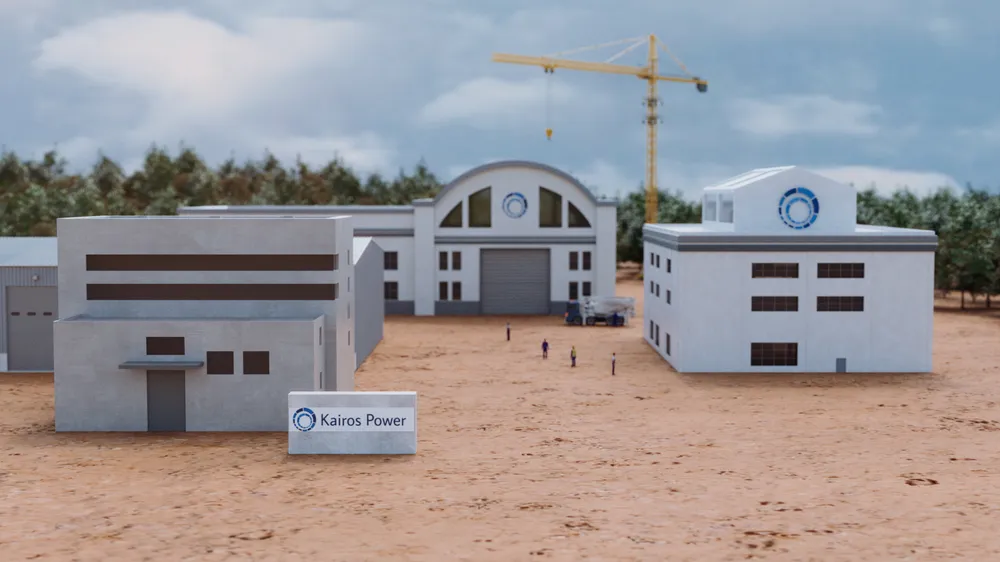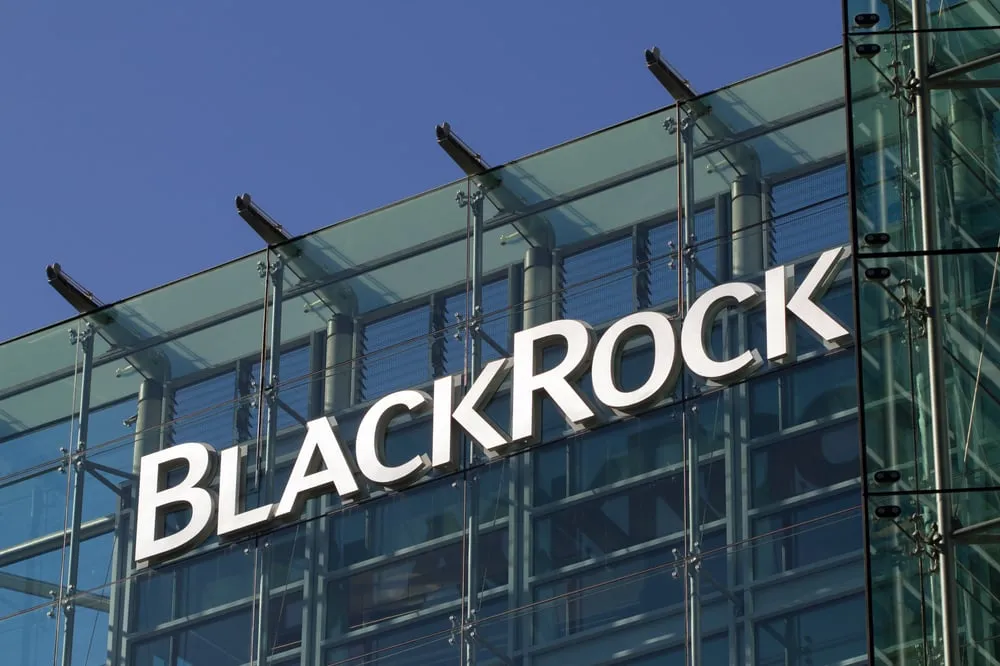Google has entered into a pioneering agreement with Kairos Power to acquire up to 500 MW of nuclear energy from small modular reactors (SMRs) by 2035, marking the first corporate deal of its kind to power AI data centers with clean, reliable energy, according to multiple sources.
Google-Kairos Nuclear Agreement
The Google-Kairos nuclear agreement aims to bring the first small modular reactor (SMR) online by 2030, with additional deployments through 2035. This milestone-based deal is designed to accelerate the commercialization of advanced nuclear energy by demonstrating both technical and market viability.
Key aspects of the agreement include:
- An iterative development approach with multiple hardware demonstrations before the first commercial plant
- Potential for up to 500 MW of new 24/7 carbon-free power to U.S. electricity grids
- Focus on supporting AI technologies and meeting growing electricity demands cleanly and reliably
- Emphasis on simplified design, safety, and reduced construction timelines compared to traditional nuclear reactors
This partnership represents a significant step in Google’s efforts to develop a diverse portfolio of advanced clean energy technologies, complementing its existing renewable energy investments and supporting its ambitious carbon-free energy goals.
Kairos Power SMR Technology

Kairos Power’s small modular reactor (SMR) technology employs an innovative design that sets it apart from traditional nuclear reactors. The system utilizes a molten fluoride salt coolant and a ceramic, pebble-type fuel, operating at low pressure to enhance safety and efficiency.
Key features of Kairos Power’s SMR technology include:
- Passive safety: The low-pressure operation and inherent design characteristics allow for simplified safety systems
- Modular construction: The smaller size and modular design aim to reduce construction timelines and costs
- Scalability: The technology is designed to be deployed in various sizes and locations, offering flexibility for different power needs
- Iterative development: Kairos Power employs a phased approach, with multiple hardware demonstrations planned before full commercial deployment
This advanced nuclear technology is positioned to complement variable renewable energy sources, potentially providing a reliable baseload power for AI-driven data centers while supporting grid decarbonization efforts. The first Kairos Power SMR is expected to be operational by 2030, with additional units coming online through 2035 as part of the agreement with Google.
Google’s Clean Energy Goals
Google’s commitment to clean energy extends beyond its recent nuclear deal, reflecting a comprehensive strategy to achieve ambitious sustainability targets. The company aims to operate on 24/7 carbon-free energy by 2030, a goal that requires a diverse portfolio of clean energy sources.
To this end, Google has:
- Pioneered corporate renewable energy purchases over a decade ago, setting industry standards
- Invested in a broad range of advanced clean electricity technologies, including solar, wind, and now nuclear
- Focused on developing solutions that can provide round-the-clock carbon-free power to complement variable renewable sources
The agreement with Kairos Power for small modular reactors is part of Google’s larger effort to commercialize and scale up clean energy technologies that can reliably meet the growing electricity demands of its global data centers and offices. This approach not only supports Google’s internal sustainability goals but also aims to accelerate the decarbonization of electricity grids worldwide, potentially creating new economic opportunities in communities across the United States.
Tech Industry Nuclear Trends
The tech industry’s growing interest in nuclear energy, particularly small modular reactors (SMRs), reflects a broader trend of major companies seeking reliable, carbon-free power sources to meet the escalating energy demands of AI and data centers.
Google’s landmark deal with Kairos Power is part of a larger movement within the tech sector:
- Microsoft recently signed a 20-year power purchase agreement with Constellation to use energy from the Three Mile Island nuclear site, which had been closed since 2019
- Amazon announced plans to build a hyperscale data center directly connected to a nuclear plant in Pennsylvania, investing $650 million in the project
- Oracle is exploring the possibility of integrating SMRs directly within data center sites, with CTO Larry Ellison confirming that the company has begun developing plans for such implementations
This shift towards nuclear power is driven by several factors:
- Increasing energy demands: The rapid growth of AI technologies and data centers requires substantial, reliable power sources that can operate 24/7
- Carbon reduction goals: Tech companies are under pressure to reduce their carbon footprints while meeting growing energy needs
- Grid stability: Nuclear power can provide a consistent baseload to complement variable renewable sources like wind and solar
- Technological advancements: SMRs offer potential advantages in terms of safety, scalability, and deployment flexibility compared to traditional large-scale nuclear plants
However, challenges remain. Nuclear energy still faces public concerns over safety, radioactive waste management, and the high costs associated with plant construction and decommissioning.
Additionally, SMR technology is still in its early stages of commercial development, with regulatory approvals pending in many jurisdictions.
Despite these hurdles, the tech industry’s embrace of nuclear power, particularly SMRs, signals a significant shift in the approach to powering the digital economy. As companies like Google, Microsoft, and Amazon lead the way, this trend could accelerate the development and deployment of advanced nuclear technologies, potentially reshaping the energy landscape for data centers and AI infrastructure in the coming decades.
Source: Perplexity





